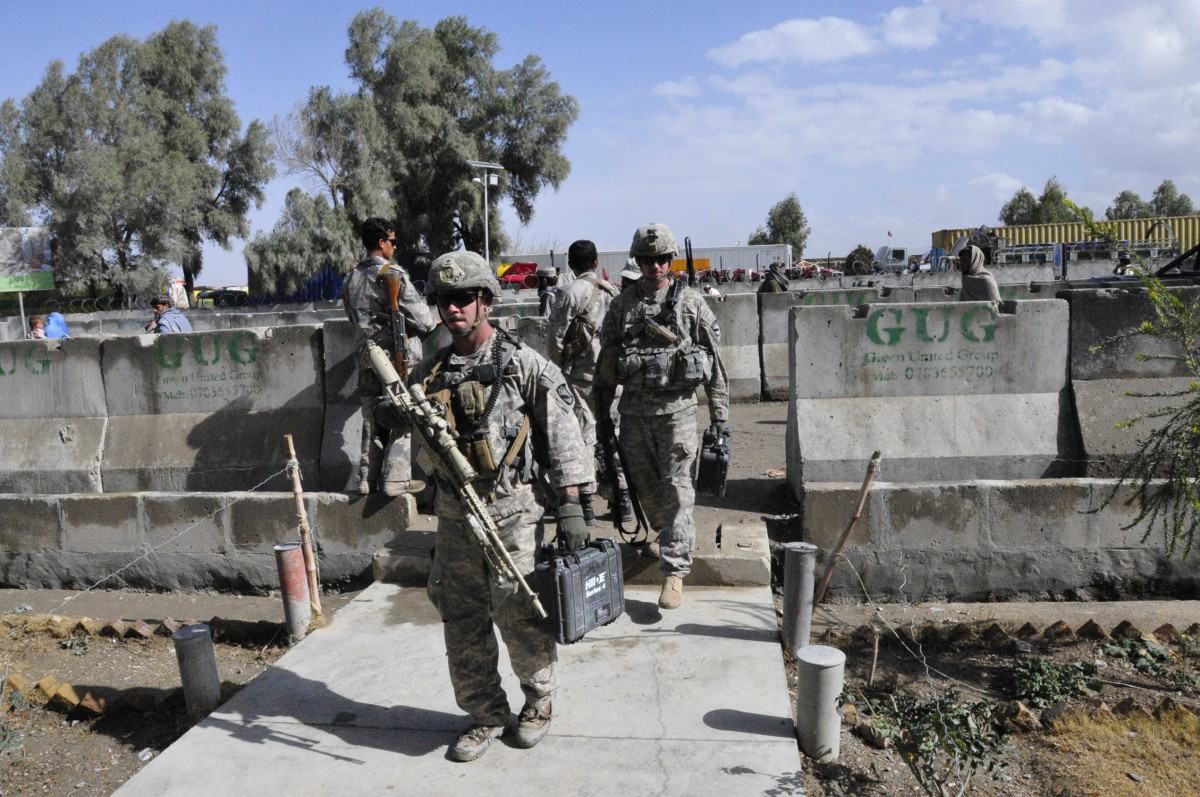
National Security Advisor (NSA) Jake Sullivan on Tuesday said that the White House does not believe the Taliban will return US weapons captured from Afghan forces. There is a history of ISI collaboration with the Taliban. “The Taliban doesn’t have the gear to use the data but the ISI do,” said the former Special Operations official while referring to Inter-Services Intelligence (ISI), the Pakistani spy agency. "(HIIDE) was used as a biometric ID tool to help ID locals working for the coalition," The Intercept cited an unnamed US official as saying.Īn Army Special Operations veteran pointed out that HIIDE data can be difficult to process for the Taliban, but noted that Pakistan may provide additional help to the group. "We processed thousands of locals a day, had to ID, sweep for suicide vests, weapons, intel gathering, etc." said a US military contractor. Taliban might use these data to track down and target innocent Afghans. The HIIDE devices store biometric data, such as fingerprints and iris scans, as well as biographical information. There is no information on how much of the US military's biometric database on the Afghan population was compromised.Īdditionally, the devices hold biometric data of those Afghans who aided the US during the war.

Three ex-US military personnel and an official from the Joint Special Operations Command are concerned that the Taliban could access the sensitive information. Washington: In a worrying report that surfaced on Wednesday, the Taliban are believed to have captured the US military's biometric devices which contain data about the Afghans who assisted coalition forces in the war.Ĭiting current and former military officials, The Intercept said that the devices, called HIIDE (Handheld Interagency Identity Detection Equipment), were confiscated during the Taliban's offensive last week.

An Army Special Operations veteran pointed out that HIIDE data can be difficult to process for the Taliban.


 0 kommentar(er)
0 kommentar(er)
